Tolkien's Footsteps|"To Those Who Didn't Live"
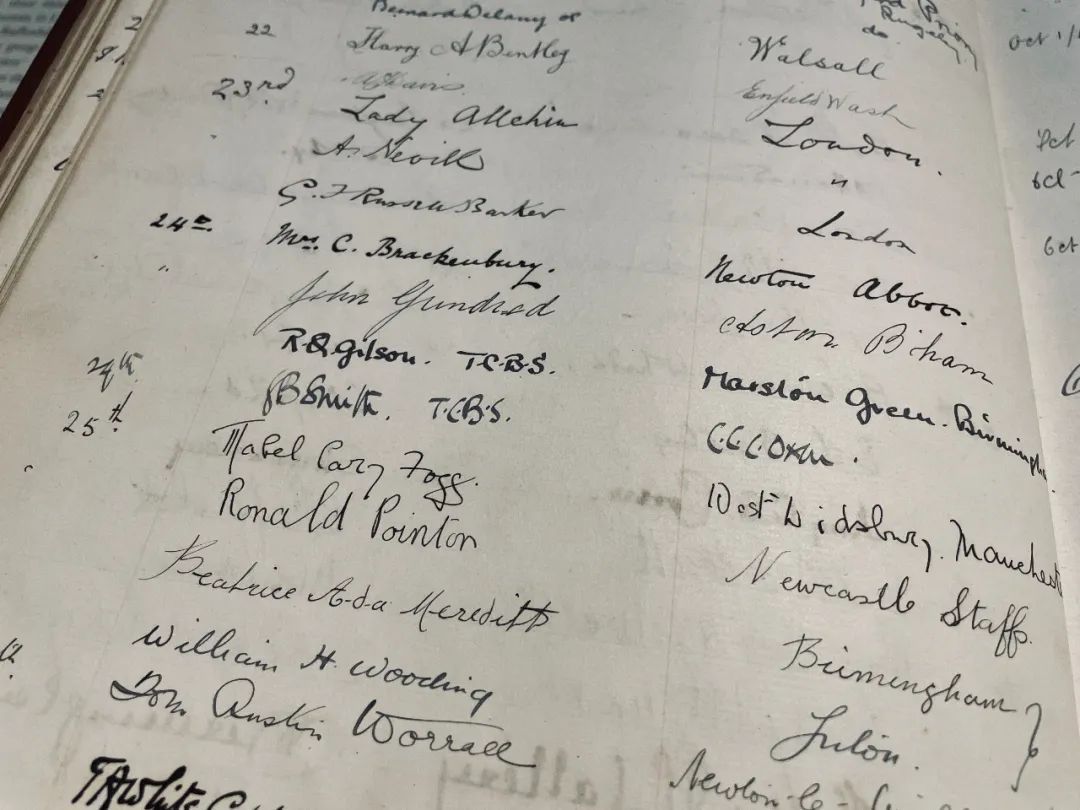
Tolkien's Footsteps V: "To Those Who Didn't Live"
Photography/Writing: Zhou Yang
First published on The Paper Fanbook Party (2023/2/14)
Lichfield, 28 kilometers away from Birmingham, is like many small towns in the UK. If you go to play, you will think it is a cute little place. Two or three pedestrian streets are surrounded by old Tudor-style buildings in the business district. Coffee Museum, there are independent shops, take a map of historical sites in the tourist center transformed from a chapel, you will find that it can be traced back to the seventh century AD, has survived fires and wars, but still remains as a town to this day, and even has some historical celebrities, and a thousand-year-old cathedral. However, for outsiders, even if I am a "semi-permanent resident" who is studying in the UK, I usually don't go to such a small town with no reputation. I will know the name of this place and make a special trip to Leach on a rainy winter day. Field, also because of a past event about Tolkien-in September 1915, three friends of Tolkien and TCBS met here for the last time, and only one year later, two of them died in battle on the Somme River.
The full name of TCBS is "Tea Society and Barrow Society". It is a literary society founded by Tolkien with several middle school friends in 1911. Secretly drinking tea and snacks with friends in the library, discussing literature and art, and moving their positions to the tea room of the nearby Barrow department store during the holidays, they called this informal gathering "Tea Society and Barrow Society ". After graduation, TCBS eventually became a four-person alliance, known as the "Immortal Four" (Immortal Four): Tolkien, Robert Gilson (love architecture and design), Christopher Wiseman (good at mathematics and composer), Geoffrey Bach Smith (poet), both with classical tastes, like-minded and complementary interests, who believed in making the world a better place through literature and art. People may associate TCBS with the four hobbits starting from Shire in "The Lord of the Rings"-the four partners step into the world storm with an unpredictable future, but according to Tolkien's creative habits, he will not Literally copied from real-life experiences (in the story, Frodo is older than Pippin and Merry, Sam is from the working class, and Tolkien mentioned that the character of Sam was inspired by the people he came into contact with during World War I orderly), so in my opinion, instead of mechanically thinking that TCBS heralds the combination of the four hobbit partners, it is better to say that the persistence and parting of this friendship during the war will continue to flash in different scenes of "Lord of the Rings" .
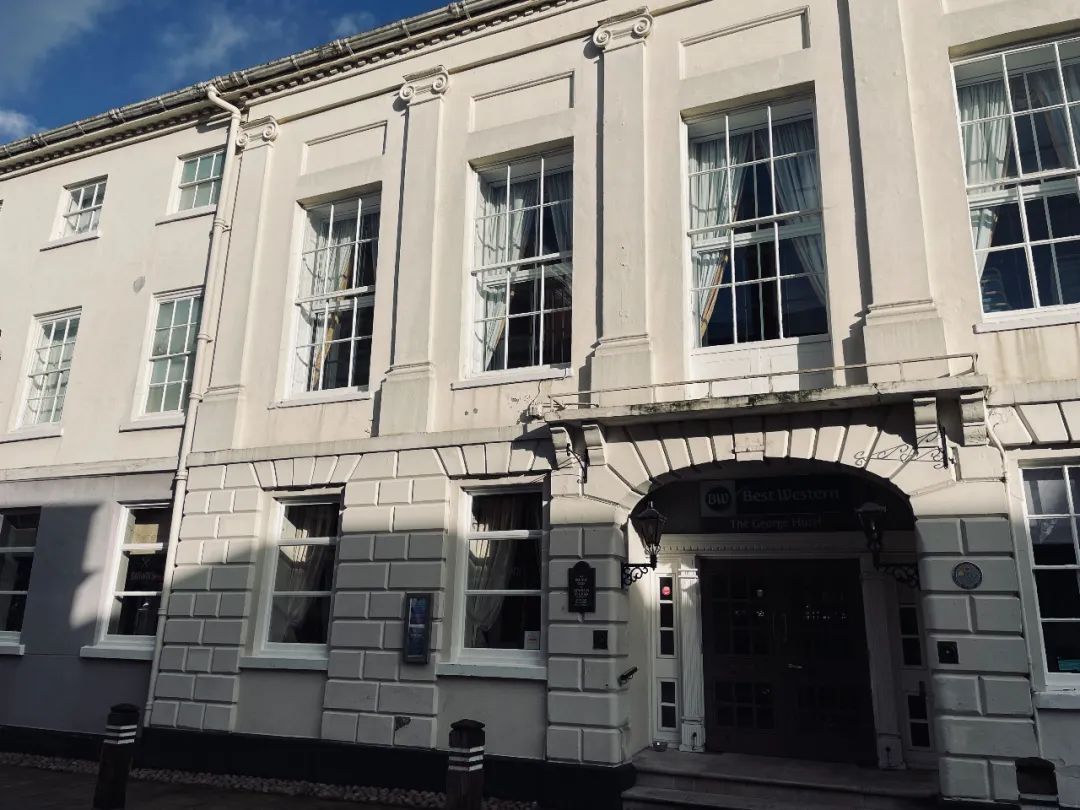
The four maintained correspondence after entering university, two at Oxford (Tolkien and Smith) and two at Cambridge (Gilson and Wiseman). During the Christmas holiday in December 1914, under the haze of World War I, four people gathered at Wiseman’s house in London. Later, Tolkien called this gathering the “London Conference”, and even two years later Tolkien He also wrote to Smith, "TCBS has been given the kindling...destined to light a new light on the world, or rather, to rekindle an old light, which is actually one thing...just myself Said, after that (London) meeting, I found a way to express those things that had been smoldering for a long time, and opened up huge possibilities - which I always credit to the four of us in just a few hours. Inspiration." (Tolkien Letter No. 5) The spring of 1915 was a small blowout for Tolkien: he wrote a lot of poems, and although there was no framework for the whole Middle-earth story at that time, "Fairy Coast" and other The imagery of Valinor already appeared in his poems; he painted watercolors; he also devoted himself seriously to the creation of language, and the "Kunya Dictionary" was constantly expanding (this language later evolved into the Quenya of the high elves in the story)... "Thor John Garth, author of Tolkien and the Great War, believes that one of the reasons for Tolkien's sudden concentration of creativity at this time may be that the imminence of war made him feel compelled to seize the moment. In June 1915, Tolkien completed his final exams in the Department of English Language and Literature, receiving a first-class honors degree, and then his military career began. (When the Great War broke out in the summer of 1914, Tolkien did not join the army immediately, but chose to complete his studies, but this brought him great psychological pressure. After that, he joined the program of receiving military training while studying. Re-enlisting in the army can be regarded as the best of both worlds. In fact, none of the four members of TCBS are naturally the type to join the army, but they try their best to balance their responsibilities to the country and their personal interests.)
By the autumn of 1915, Tolkien was assigned to the 13th Battalion, Lancashire Fusiliers, training at Whittington Heath, less than five kilometers from Lichfield. At this time, Wiseman had joined the Navy, and Smith and Gilson had enlisted earlier and would be sent to the front at any time. According to John Garth's records, in September, Gilson recovered from a bout of flu and was released from the hospital and granted a leave of absence. He decided to visit Tolkien and telegraphed Wiseman and Smith. The meeting place was set at Lichfield near Tolkien's station. On the day of the party, Gilson and Smith arrived first. They visited the Samuel Johnson Birthplace Museum and the cathedral, and then stayed at the George Hotel with Tolkien and Wiseman to immerse themselves in the "Pleasant and valuable talk that always lights up a TCBS meeting". Garth writes in Tolkien and the War of the Worlds that, meanwhile, "in northern France, a campaign foreshadowed what the three in the TCBS would experience, the British army . . . launched a disastrous So much so that when the attackers turned and retreated, the German machine gunners who had already massacred nearly 8,000 people finally put down their guns out of mercy."
A full century after TCBS's "Litchfield Conference," in 2015, curators at the Samuel Johnson Birth Museum discovered Gilson and Smith's signatures in a visitors' book. The visitor's book, which was featured in the 2018 exhibition Consequence of War at Lichfield Cathedral, has now returned to the archives at Samuel Johnson House. With the mentality of trying, I wrote an email to this former residence museum, asking if I could still see the signature. Unexpectedly, I received a reply the next day, telling me that although the visitor's book is not a public exhibit, it can be viewed by appointment. I immediately made an appointment for the nearest Saturday, January 7th. Entering the new year, the British Railways immediately delivered a five-day strike "gift". Fortunately, there is still a bus line from Birmingham to Lichfield. The stop is opposite my residence, and it takes an hour. Although it is a train Twice as much, but also convenient. A few minutes before departure, Birmingham had a winter rainstorm, but halfway through the car, it cleared up.
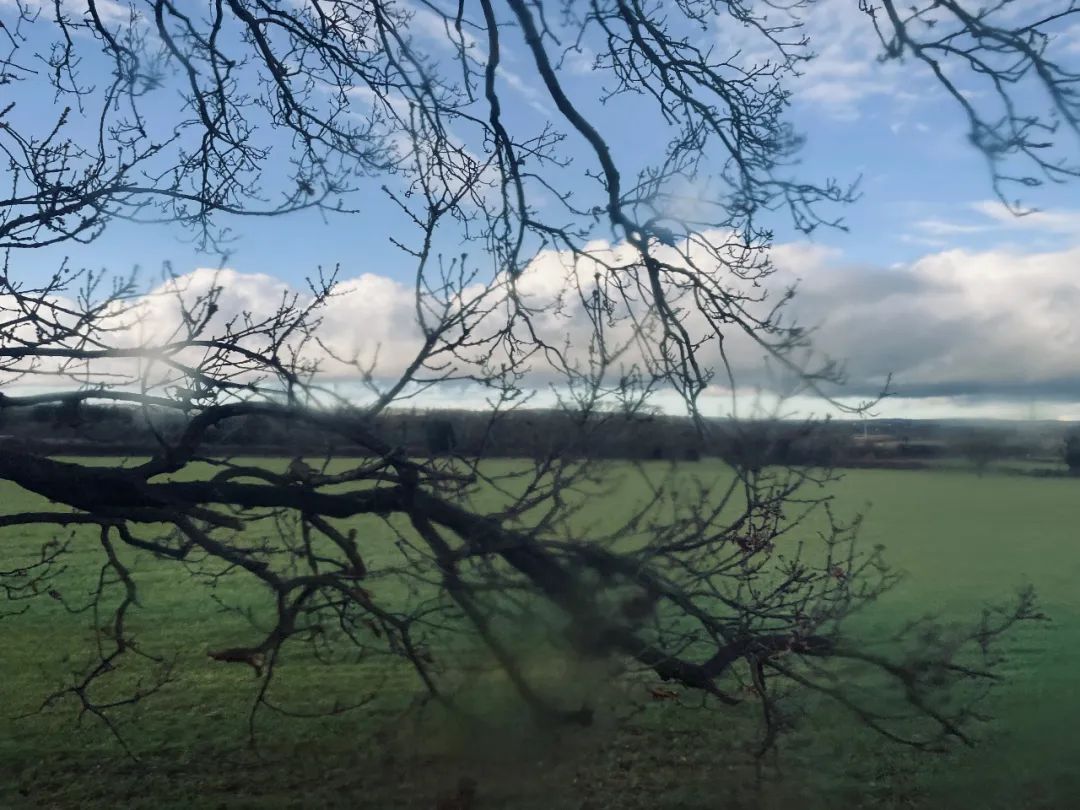
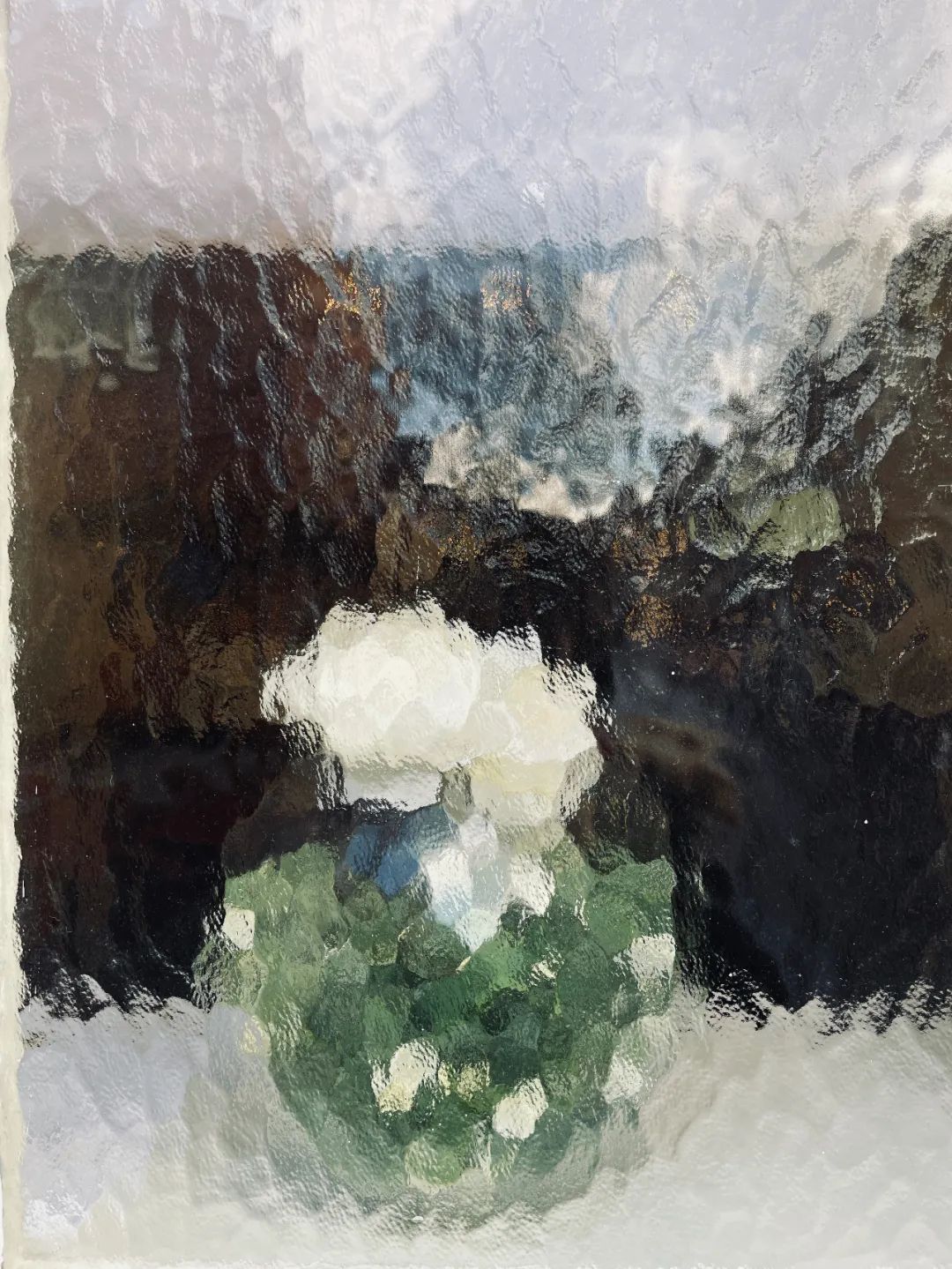
Lichfield bus terminal and train station are adjacent, and it takes only five minutes to walk to the city center. Arriving at noon, why not go to the George Hotel where TCBS stayed for the last meeting for lunch. This three-hundred-year-old hotel is located on Bird Street. In the 18th century, stagecoach (Stagecoach) was popular in England as the main means of public transportation. Lichfield happened to be an important transit station. There are more than 80 registered hotels, and George is one of them. As a hotel that has been in operation for three centuries, it maintains a subtle sense of history. The pattern of the carpet, the old-fashioned furniture, and the burning fireplace in the restaurant all give the impression that time is frozen. At noon, most of the guests who visit here are already In the sixtieth year, a group of old friends gathered in groups, are they looking for memories of their youth here? We cannot take this nostalgic atmosphere for granted as the "historical original appearance" of any period, but we can imagine that on the evening of September 25, 1915, four young people from TCBS occupied the best position in front of the fireplace and had a long conversation. Is the foyer of a hotel in a small town in England a hundred years ago similar to the Prancing Horse Inn in Bree Town described by Tolkien? "There was a great crowd here. There were three dim oil lamps hanging from beams, half hidden in smoke, and the light came chiefly from the blazing fires... and on the benches sat men of all ranks, men of Bree , a group of native hobbits (sitting and chatting together), and a few other dwarves, and some indistinct figures hidden in shadows and corners." (Tolkien, The Lord of the Rings, Vol. , Chapter 9) Or, might they choose to talk about poetry in the guest room? According to Garth's records, Tolkien had just sent a second batch of poems to Gilson, and he presumably wanted to hear his friends' comments. There is no exact record of what the four people talked about in the "Litchfield meeting", but perhaps the consolation brought by this meeting can be imagined through the experience of the hobbits in the deep valley- "All fear and anxiety come from them The mind is dissipated. The future is not forgotten, but has no power to affect the present.” (Tolkien, The Lord of the Rings, Book II, Chapter III)
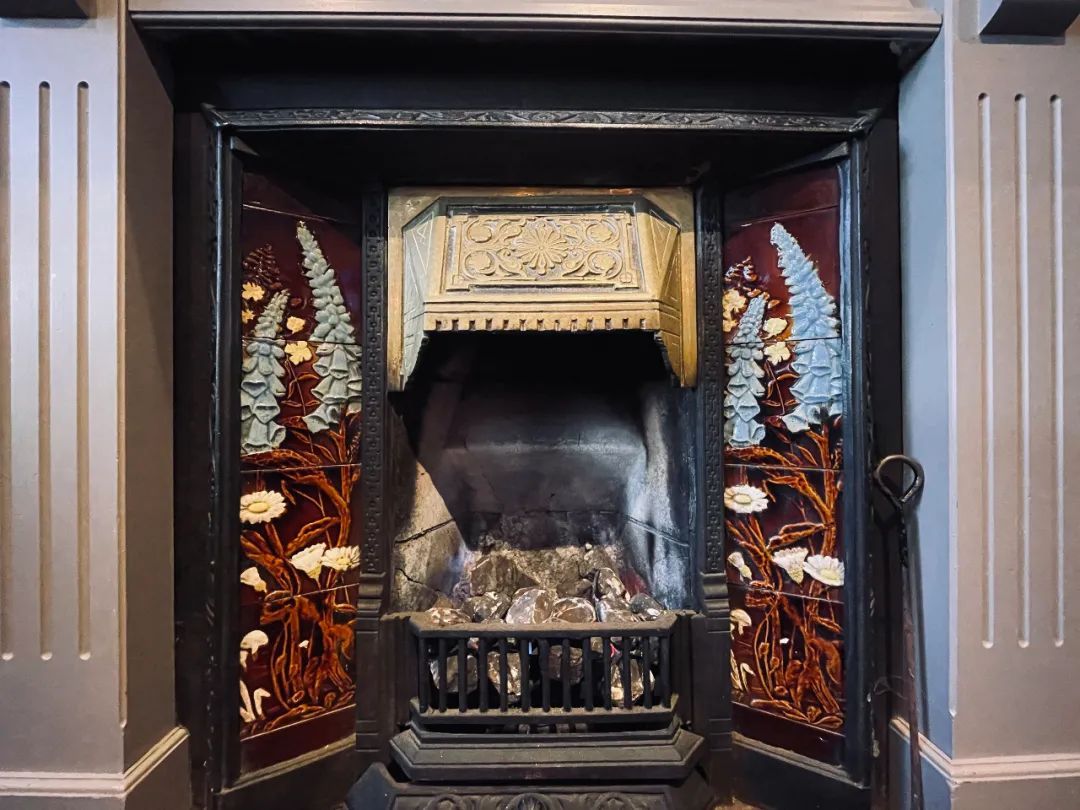

Walk out of the George Hotel, turn onto Market Street (Market Street), and you will arrive at the Samuel Johnson Birthplace Museum in two or three minutes. Samuel Johnson, who was born in 1709, may be one of the most famous literati in British history. He was a poet and writer. A Dictionary of the English Language), which earned him a reputation and the title "Doctor". This small building is where Johnson was born. As the son of a poor bookseller, his early years were not smooth, he was frail and sickly, with scars on his face, deaf in one ear and blind in one eye. He interrupted his studies at Oxford because of poverty, but he He loved reading since he was a child. With his talent and writing style, he finally achieved great success in the cultural circle in London. It’s an inspirational tale of the eighteenth century, a century that both Gilson and Smith were fascinated by (Tolkien looked to older times for inspiration, such as the Middle Ages and before). The Johnson House has been a museum since 1901 and is now free to the public, with a second-hand bookstore operating on the ground floor as a tribute to Johnson's father. There is a Wood Library (Wood Library) in the former residence, which collects many related precious books, and the public can read them by appointment.
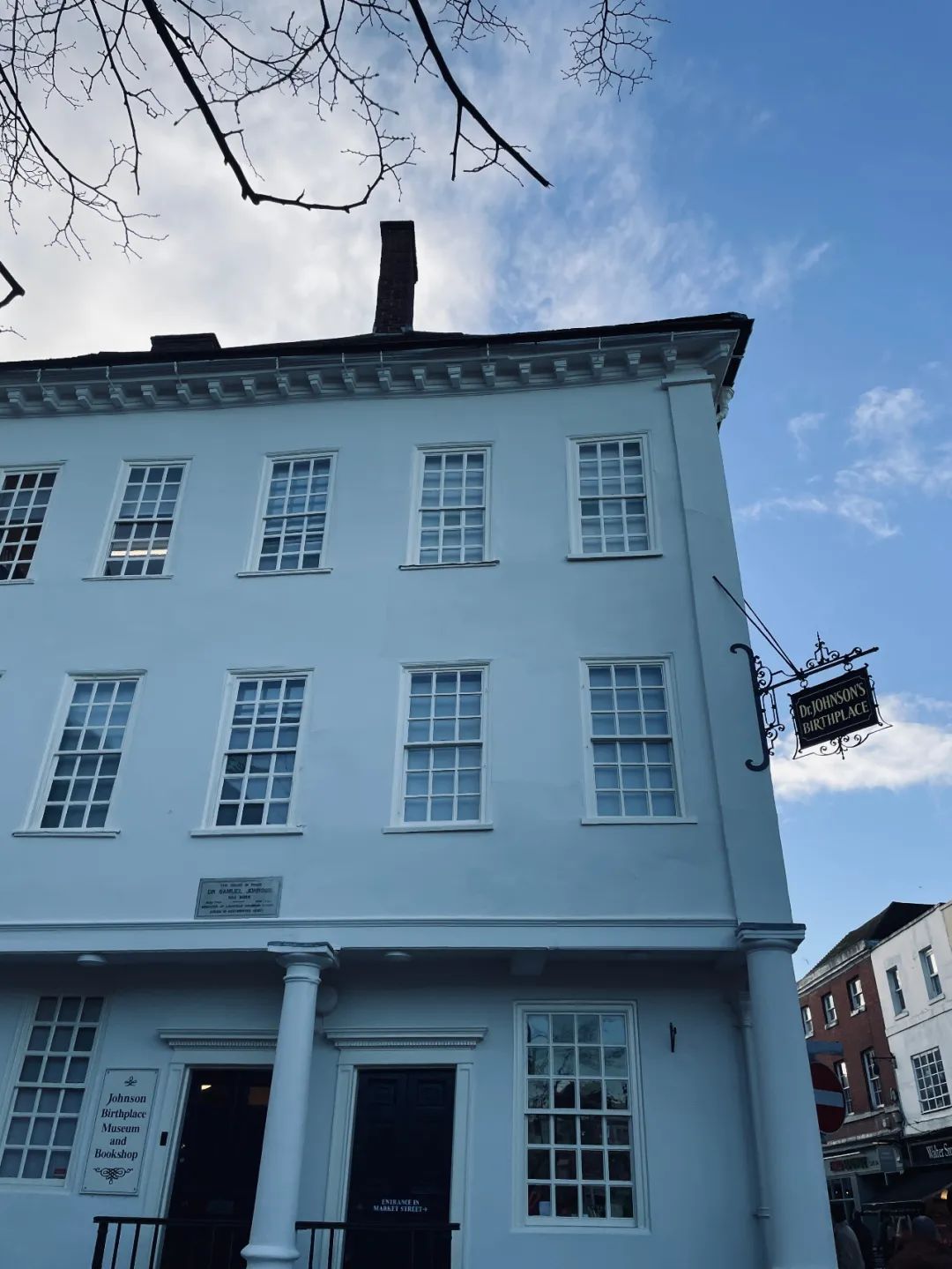
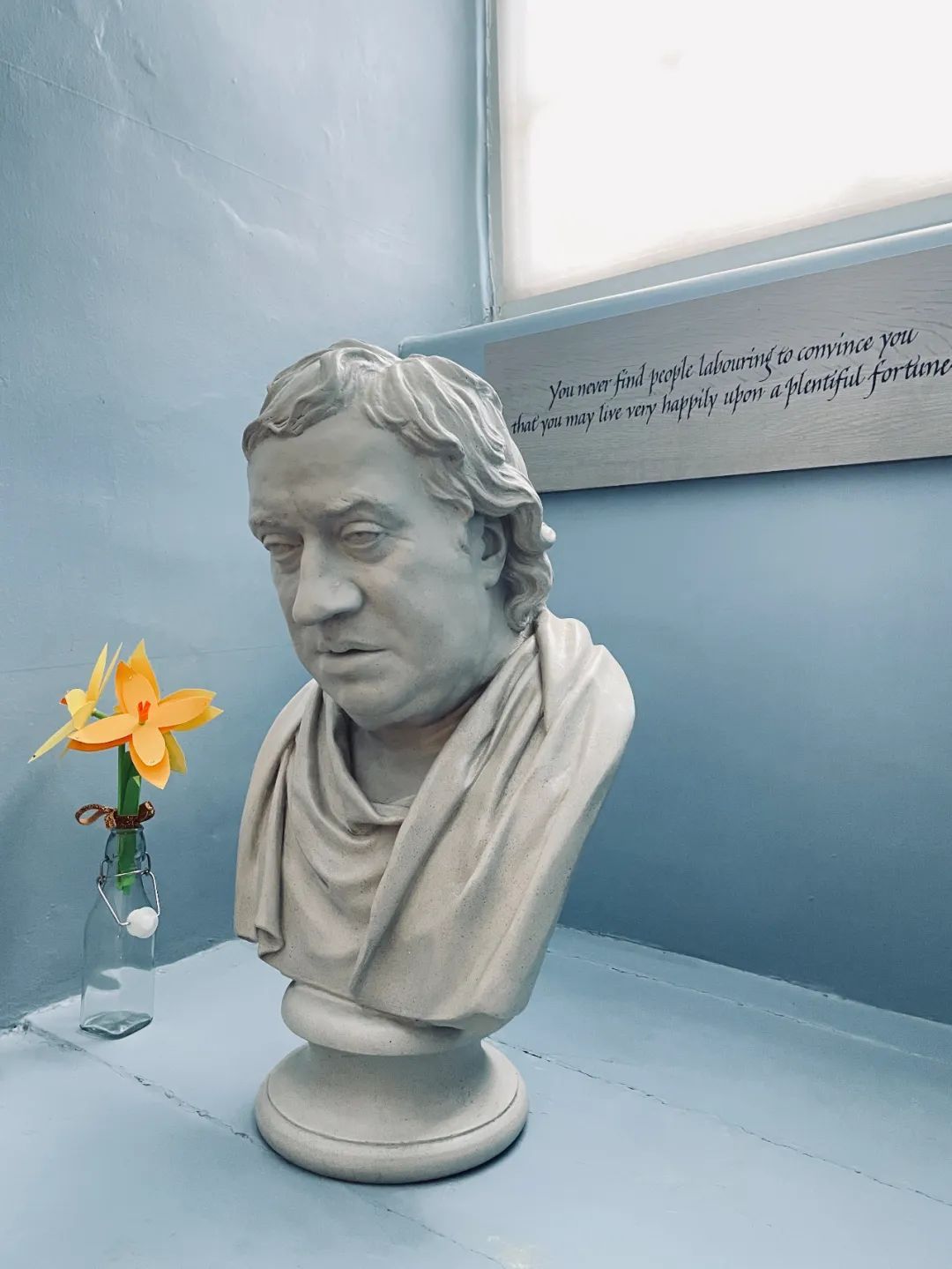

I explained my previous emails to the uncle at the reception desk, and he unhurriedly put up a sign of "Temporarily Leaving", took me up to the third floor, and opened the door of the Wood Library—actually, it might be called " "Library" is more appropriate. Uncle told him when I left so that the door could be locked. Surprisingly, I was left alone in a small room with a rare collection of books without being asked to show identification or fill out any forms. There are bookshelves on three walls in the library. On the bracket of the desk, a large book has been opened. This is the visitor's book I want to read. The signatures of Gilson and Smith are in the lower middle of the page, and the date in front is written on (September) 24th, which may be just a typo. Both of them wrote "TCBS" after their names, which is enough to show their commitment to this The value of alliance friendship. On the stairs, the uncle mentioned photography and videography, but I didn’t know whether it was allowed or not. I sat in front of the signature for a while, and finally the desire to take pictures (to own) prevailed. Regardless of the surveillance camera above my head, I took pictures Here is a memory of this precious friendship.
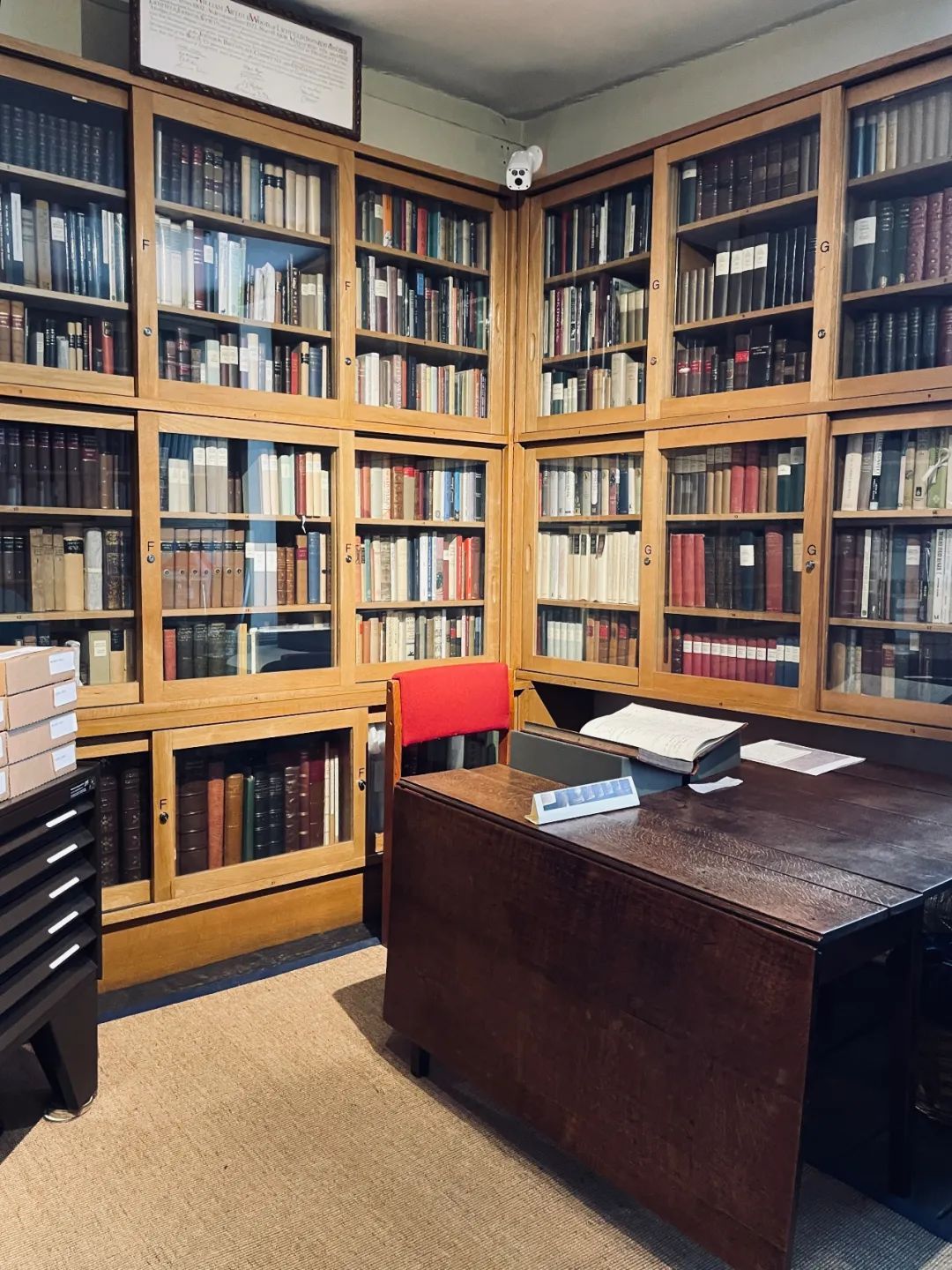
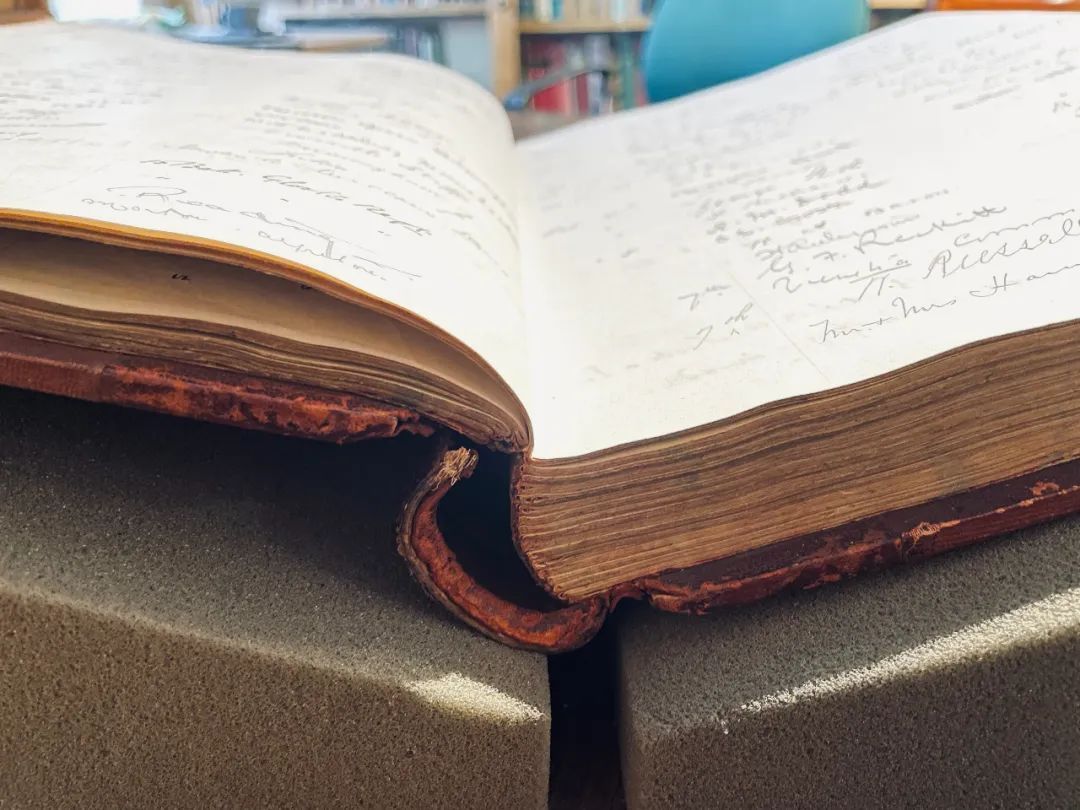
After roughly visiting Johnson’s former residence and returning to the street, the visitor center next door used to be a small church. On the square at the entrance, the farmers’ market is preparing to close the stalls. Turning northwest to Dam Street (Dam Street), you can see Lichfield Cathedral (Lichfield Cathedral) on a small slope not far away. On the day of the meeting in 1915, Gilson and Smith also visited this church . In fact, the four members of TCBS all have devout beliefs, and they sincerely believe that the alliance of the four is a kind of providence. When passing by the Minster Pool, the clouds suddenly dispersed, and the slanting sunlight suddenly shone over. The small white seagulls floating in the pond and circling on the water became shining spots of light. Behind the pool, the ancient church The three Gothic spiers of the city are also rendered in gold. The church bells were ringing incessantly. As a Catholic, Tolkien may not have deliberately visited this cathedral that is now part of the Church of England, but if you want to go back in history, any church built before the Reformation in the 16th century was originally Catholic, and Lichfield University The church was built in 669 AD, when it was still called Mercia, the kingdom of Anglo-Saxon. According to the analysis of Tolkien researcher Tom Hibee in the book "The Writer of the Century", the Rohan people called their country "Mark", and the de-Latinization of "Mersia" returned to the form of the local ancient language, "just Got *Marc, pronounced 'Marc'" (an asterisk before a word in the study of ancient languages means that a word is unrecorded, but presumed to have existed) - "All that was given to the people of Rohan, their horses and the names of the weapons are entirely Anglo-Saxon and ... entirely Mercian". In addition, Tolkien "often called himself a native of Mercia", and perhaps he would not be indifferent to the cathedral founded by St. Chad of Mercia.
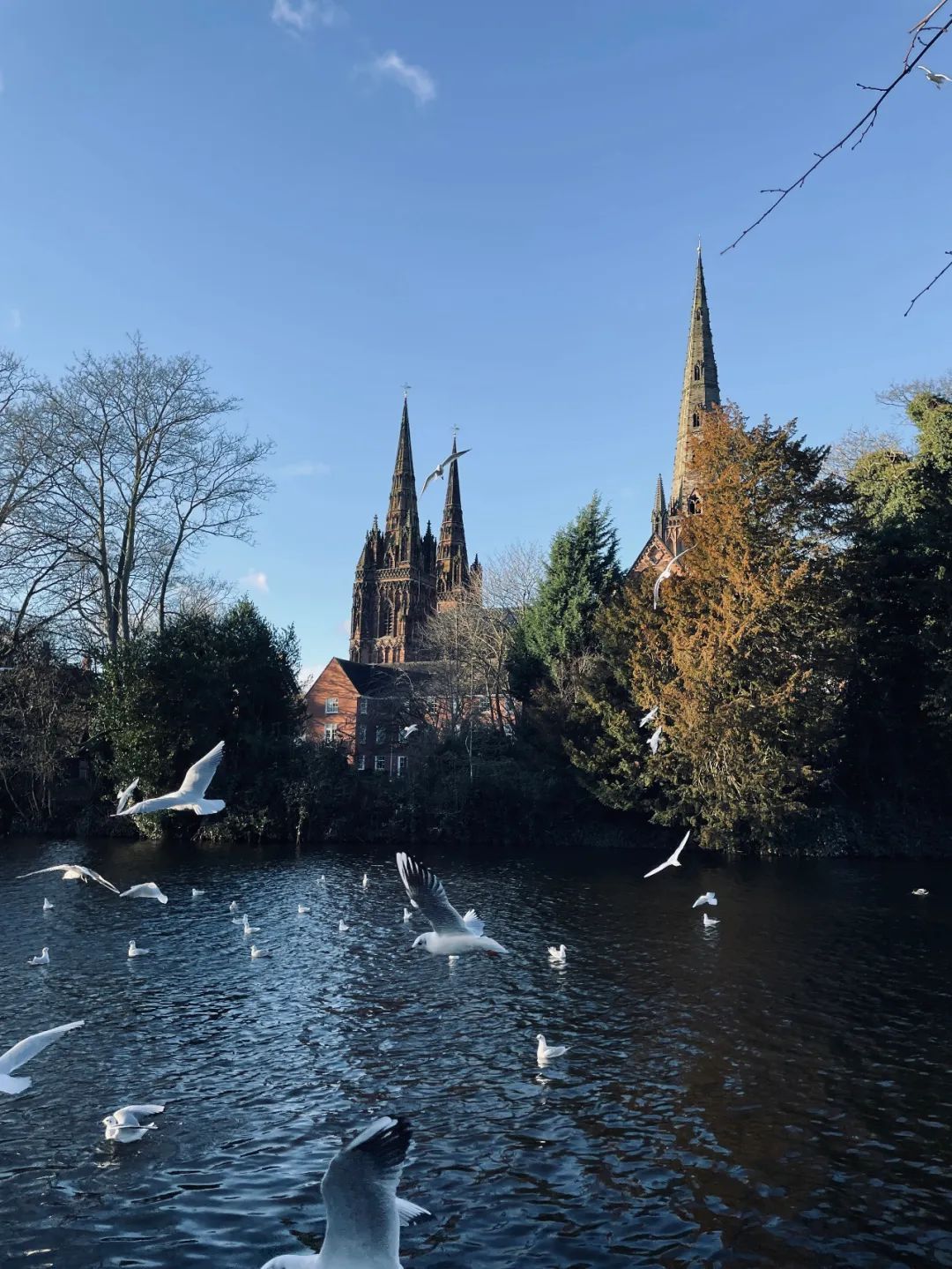
After crossing the small bridge and going up the slope, you come to the front of the cathedral. At this moment, the exquisite and complicated decorations on the facade and the statues of saints are completely bathed in the sun. Of course, these are actually the results of restoration in the 18th and 19th centuries. After all, in the long history of Lichfield Cathedral, it has been damaged many times, especially in the civil war between the "Royalists" and the "Roundhead Party" in England in the 17th century. , the church became a fortress because of its location, its roof and central spire were destroyed by cannonball, and many statues and ancient documents were destroyed during the last roundhead occupation. But there are still many precious cultural relics in the church, such as St. Chad's Gospel (St Chad Gospels) and the angel reliefs excavated in 2003, all dating back to the eighth century AD. Stepping inside, the space of an ancient Gothic cathedral always inspires awe beyond words, but this afternoon, there was a wonderful rehearsal going on here - not the usual hymn chorus. With the stage set behind the main entrance, drums blare as singers sing songs by the late pop icon George Michael, an openly gay and controversial musician who performed his songs in the church space, It also reflects the current trend of European Christianity moving towards modernization and tolerance. The stage switched to a soft Adagio song, and a pair of good friends off the stage suddenly embraced and danced.
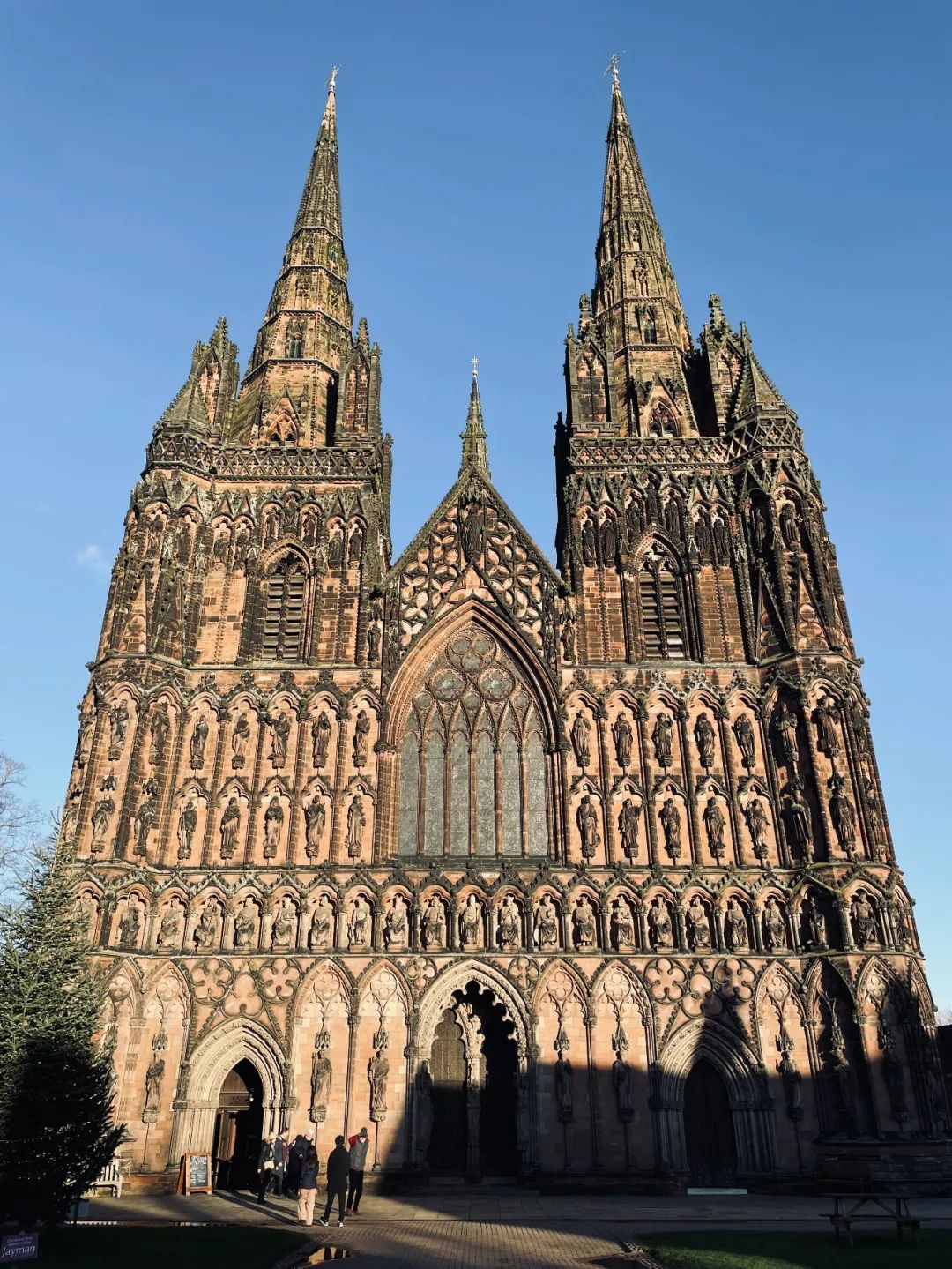
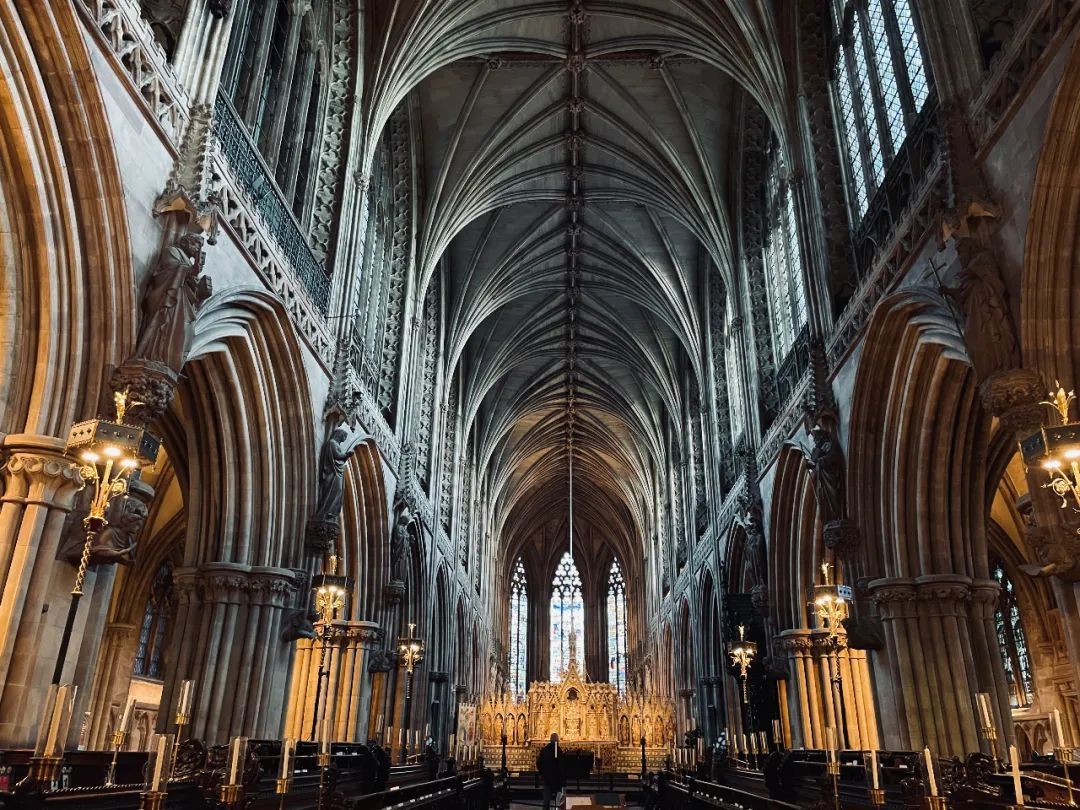
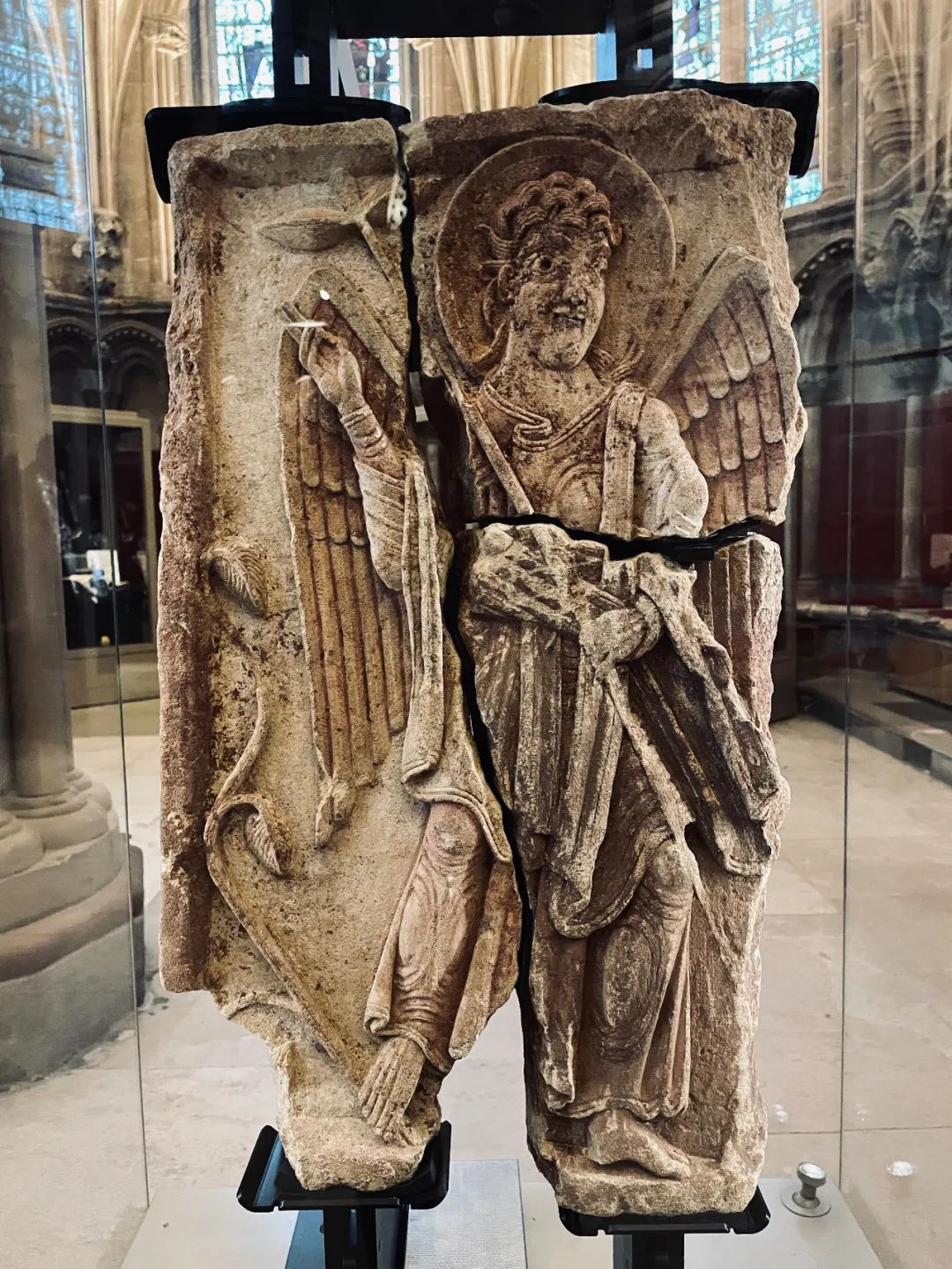
More than a century ago, a small group of men like TCBS certainly would not embrace and dance. The way they expressed their friendship was mainly through long talks and correspondence. After the four met briefly in Lichfield, they were quickly separated by military dispatch. A few months later, Gilson and Smith came to the front line in France. In Tolkien and the War of the Worlds, Garth captures some of the most heartbreaking correspondence between people (and between them and their families), especially now that we know the ending. Smith wrote what he believed to be his last letter to Tolkien before a perilous night patrol, saying, "If it is my destiny to die here, may the distant future speak from my heart through your mouth ’, as if he had acquired some sort of prophetic powers, predicting that Tolkien would be “the chosen one.” To some extent, Tolkien seems to really represent the continuous creation of four people (after the war, the surviving Wiseman devoted himself to education and did not continue to create), and the letters and experiences of TCBS members during World War I will be repeated in several years. Find hidden resonances and echoes in The Lord of the Rings, published ten years later.
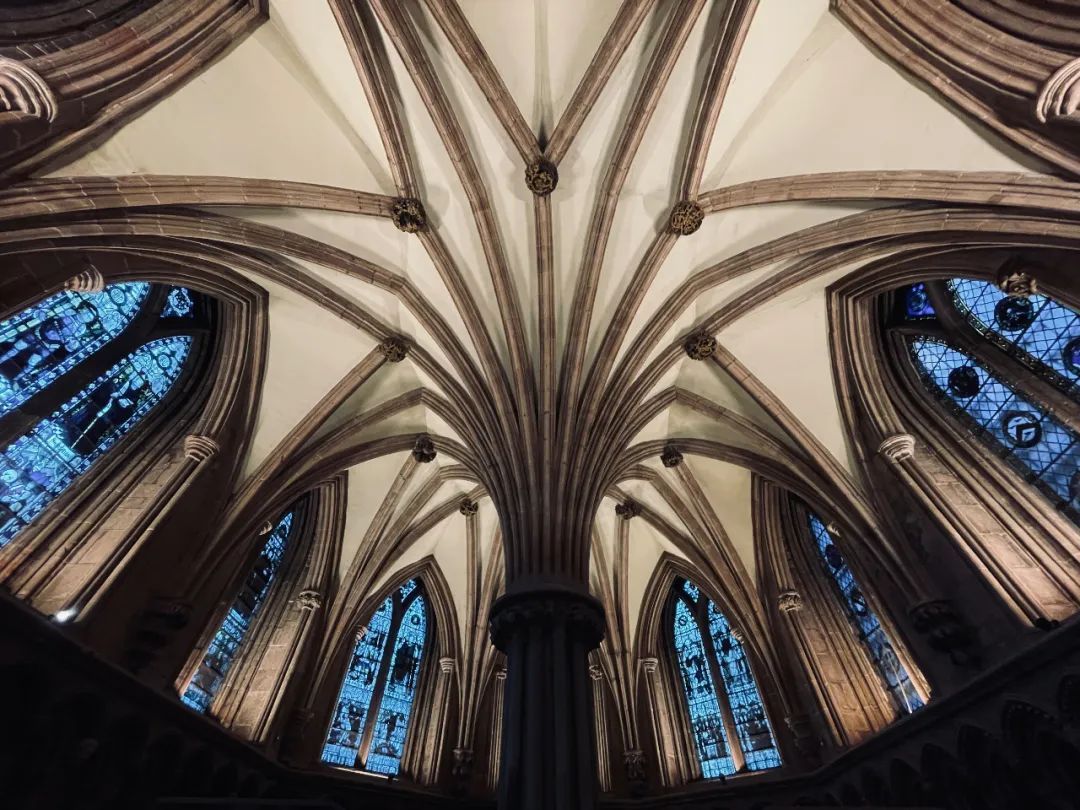
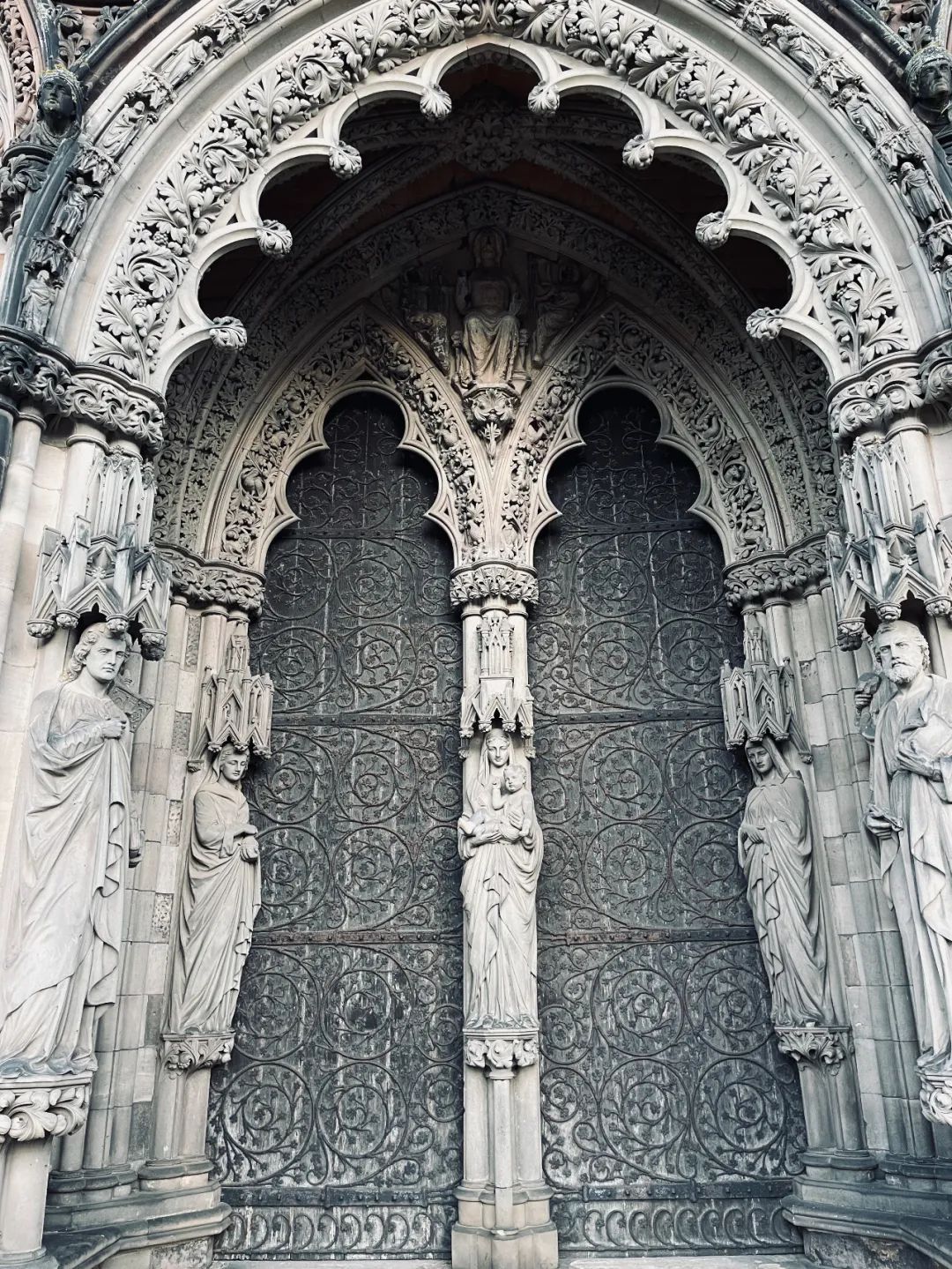
On July 1, 1916, the Battle of the Somme started. History books will refer to this four-month trench warfare as the "meat grinder". The two sides suffered a total of 1.3 million casualties, including nearly 800,000 casualties of the British and French forces. , but failed to achieve the expected major advances. Gilson's battalion was arranged to be the first to attack. On the way to the front line, he saw many villages destroyed by the fire. On or about June 25, Gilson wrote to his father, describing a deserted garden that had been re-occupied by nature, "with delphiniums, bellflowers, cornflowers, and poppies of every color growing wildly... ...it is one of the only good things created by the devastation of war". It is unlikely that Tolkien read Gilson's letter home, but as if telepathically, his description of Ithilien presents a similar juxtaposition: the beauty of nature on the one hand, and the The devastation wrought by Mordor (and war)—
"Here, everywhere they see signs of spring activity: fern buds bursting out of moss and mud, larches sprouting spiky green shoots, meadows blooming with small flowers, birds singing. Isi Lean, the garden of Gondor, is now deserted, but it is still full of vitality and retains its original and uninhibited beauty... Although this land looks beautiful, it is now the territory of the Great Enemy. They do not leave the road. but even at such a short distance one can already see the scars of old battles, and the new creations of Orcs and other evil minions of the Dark Lord: a pit of unburied filth and rubbish, Trees felled and left dead, and bearing in their bark the dreadful mark of the eye and the evil runes, scavenged by the cruel cuts of the knife." (Tolkien, The Lord of the Rings, Book IV, Chapter IV)
Throughout the week leading up to the big offensive, the British bombed German positions with some 1,400 artillery pieces in an attempt to destroy German trenches in preparation for the general offensive on 1 July. Tolkien's, Gilson's, and Smith's respective units were already near the front line, and they undoubtedly saw the same scene every night, the eastern sky flashing and the guns rumbling. Gilson wrote in the same letter home, "The gunfire at night is beautiful—if only they were not so terrible. They have the magnificence of the storm", a scene that is easily associated with Frodo and Sam. On the way to the Vale of Nath Morgul, "In the east, under the low-hanging clouds, there was a dark red light--it was not the red light of dawn... They heard another rolling rumble, this time more Louder and deeper, the earth seemed to tremble underfoot” (Tolkien, The Lord of the Rings, Book IV, Chapter VII). On the same day, June 25th, Smith wrote Tolkien, "May you have the best of luck in the next few months in dealing with what is to come, and may we all live for better years ... I would have written more, but I've run out of time, and I'm afraid you'll have to write this off too." In fact, both Smith and Tolkien survived the first advance at the Battle of the Somme, 7 Between September and September, the battalions of the two men alternated into the trenches, but if they both happened to be back in the rear, they would hurry up to meet until Tolkien was sent back to England with trench fever in October. Each time could be the last, and the torment of farewell seems to be echoed in Faramir's parting words to Frodo, "You need no consolation, I do not expect to see you again under this sun... ...if you come back, unexpectedly, to the land of the living, and we can sit in the sun at the foot of the wall, and look back, and laugh at the sorrows of the past, then tell me. And then or some other hour which not even the Stone of Knowledge of Númenor could have foreseen, we part!" (Tolkien, The Lord of the Rings, Book IV, Chapter VI)
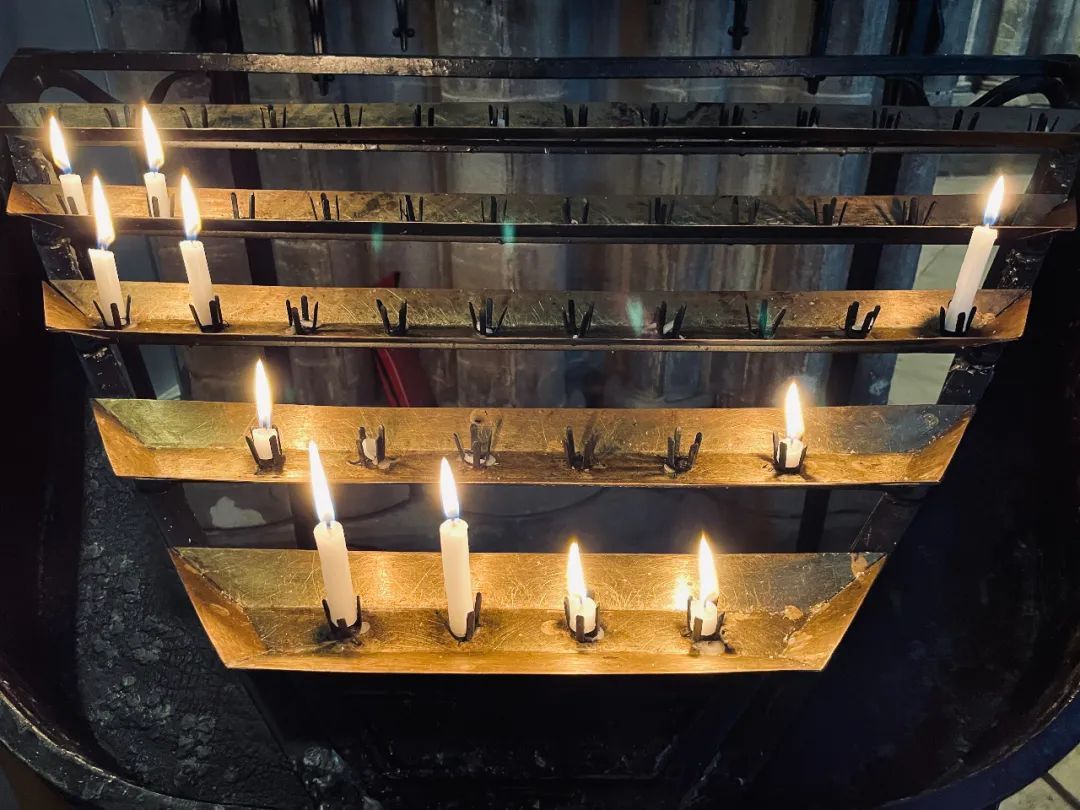
In the story, an unexpected miracle happened. But in reality, Gilson was killed on the first day of the Battle of the Somme. On July 1, his battalion was ordered to leave its trenches. They thought that the bombing of the previous week had disintegrated the German army. Occupy the opponent's position, so pack all the equipment on your back, including cooking utensils. However, the bombardment had little effect, and they were greeted by powerful German firepower. Gilson was one of more than 50,000 British casualties that day, and the horrors of the Battle of the Somme visually demonstrated the gulf between those who made decisions and those who had to bear the consequences. Smith, who had already survived the fiercest fighting, was hit by a shell explosion on a country road behind the lines in early December, wounding his right arm and thigh, and died of gas gangrene three days later. In a sense, the four hobbit friends in "The Lord of the Rings" were involved in a mortal situation, but reunited in the land of the living, which seems to be Tolkien's subconscious compensation for himself. Many people will scoff at the "happy ending" in the story, because it is something we cannot believe in the suffocating reality. Regarding the divergence between reality and stories, Tolkien created the concept of "good disaster" (eucatastrophe) in his essay "On Wonderland" to explain the real role of such stories, perhaps only by juxtaposing his experiences and stories, Only then can we understand the consolation brought by "good disasters":
"In its miraculous—or otherworldly—background, it is a sudden, miraculous grace: never expected to reappear. It does not deny the existence of catastrophe, grief, and failure: these might Sex is essential to detached joy; it rejects (you might even say disregarding most of the evidence) the ultimate defeat of the universal, and is thus a boon, a glimpse into that joy, joy beyond the walls of the world, Tears as much as mourning." (Tolkien, On Wonderland)
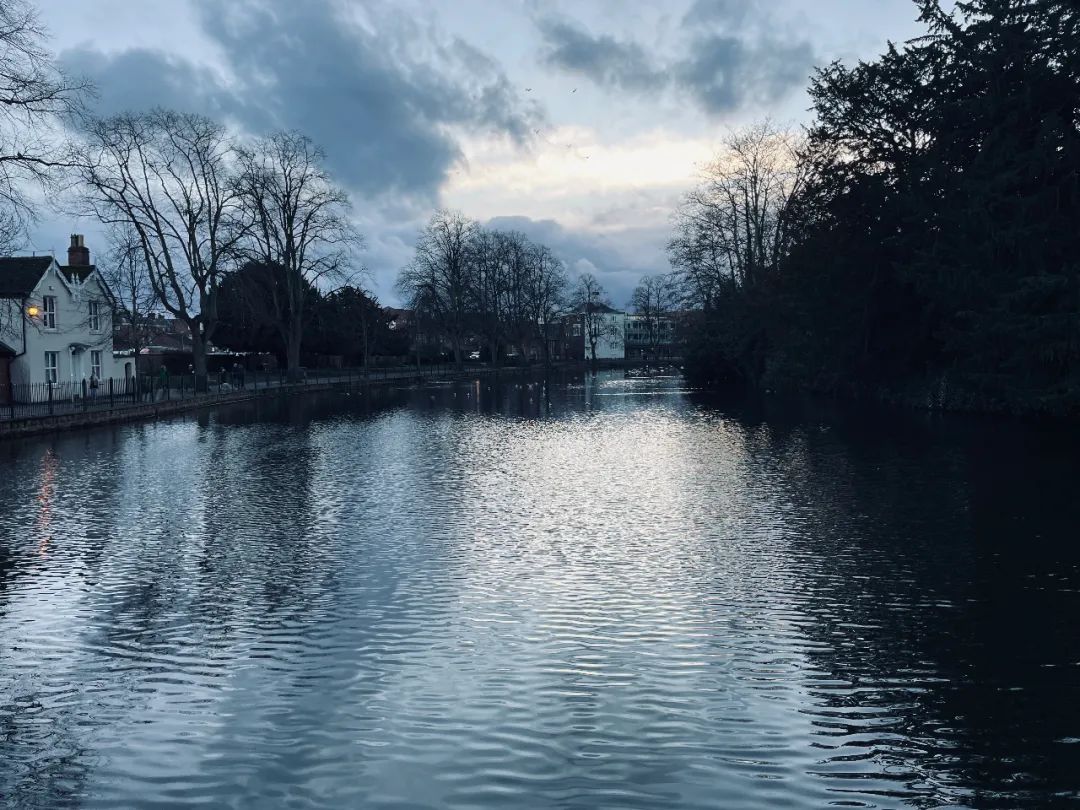
「大门外,从此始,旅途永不绝」 您的支持将帮助我不断探索~






